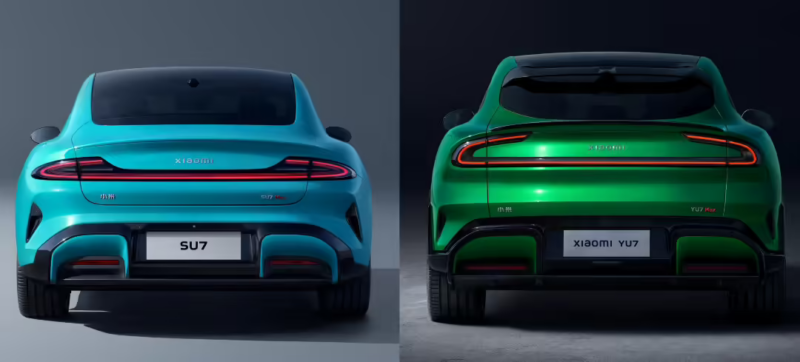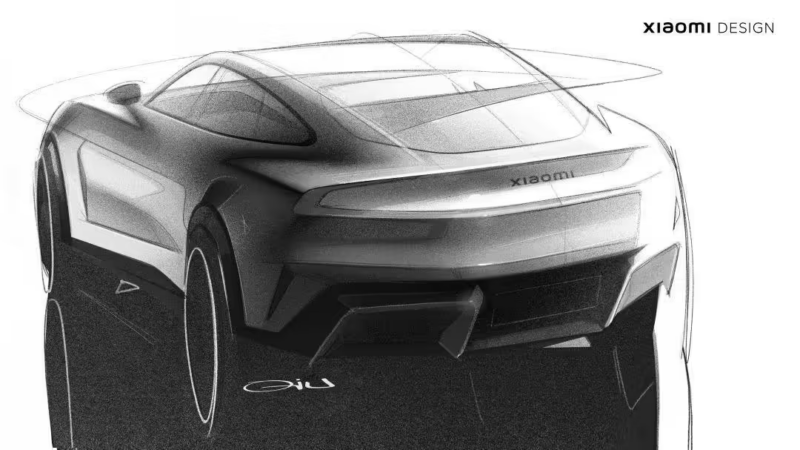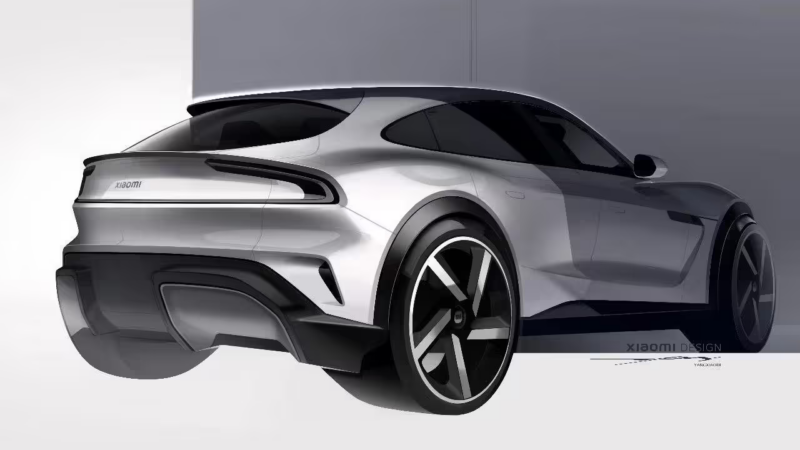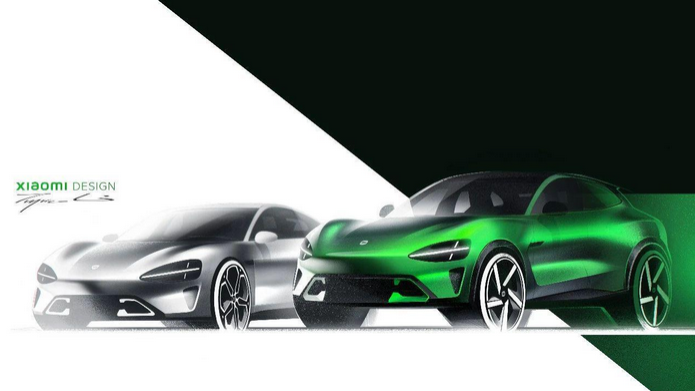Xiaomi releases insights into YU7 SUV design process
Xiaomi has released a design team log, providing insights into the development of its YU7 SUV. The document outlines the design considerations and technical challenges encountered during the vehicle’s exterior development.
The log indicates that the design team aimed to create an SUV with a sporty character that aligns with Xiaomi’s brand identity and the design language of the SU7 sedan.
Initial design: proportions and the L113
Early design objectives focused on achieving a sporty SUV appearance. The team explored proportions, with a key element being the “L113” (the distance from the front wheel center to the brake pedal). This proportion, a characteristic of traditional sports car design, was extended in the YU7 to contribute to a more streamlined and dynamic stance.
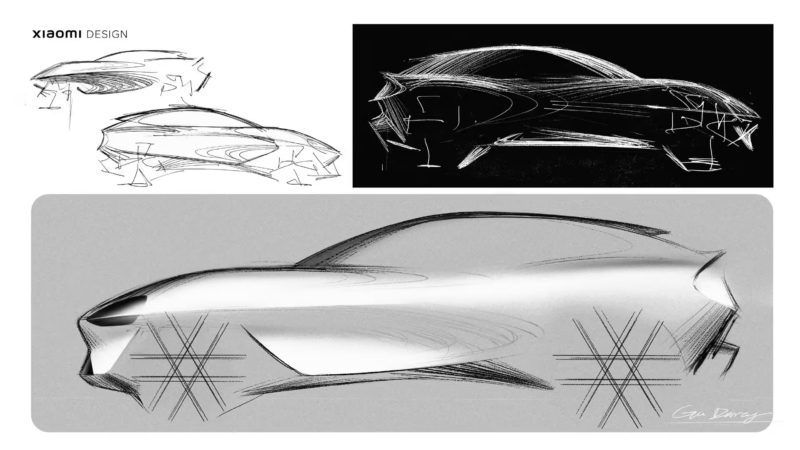
The document notes that while a long L113 in gasoline vehicles typically accommodates larger engines, its application in an electric vehicle was driven by aesthetic considerations, referencing established automotive design principles that associate this proportion with performance and elegance. The YU7’s design integrates a “clamshell hood,” “three-dimensional headlights,” “through-flow air ducts,” and a “front trunk,” which are presented as elements supporting the extended front end.
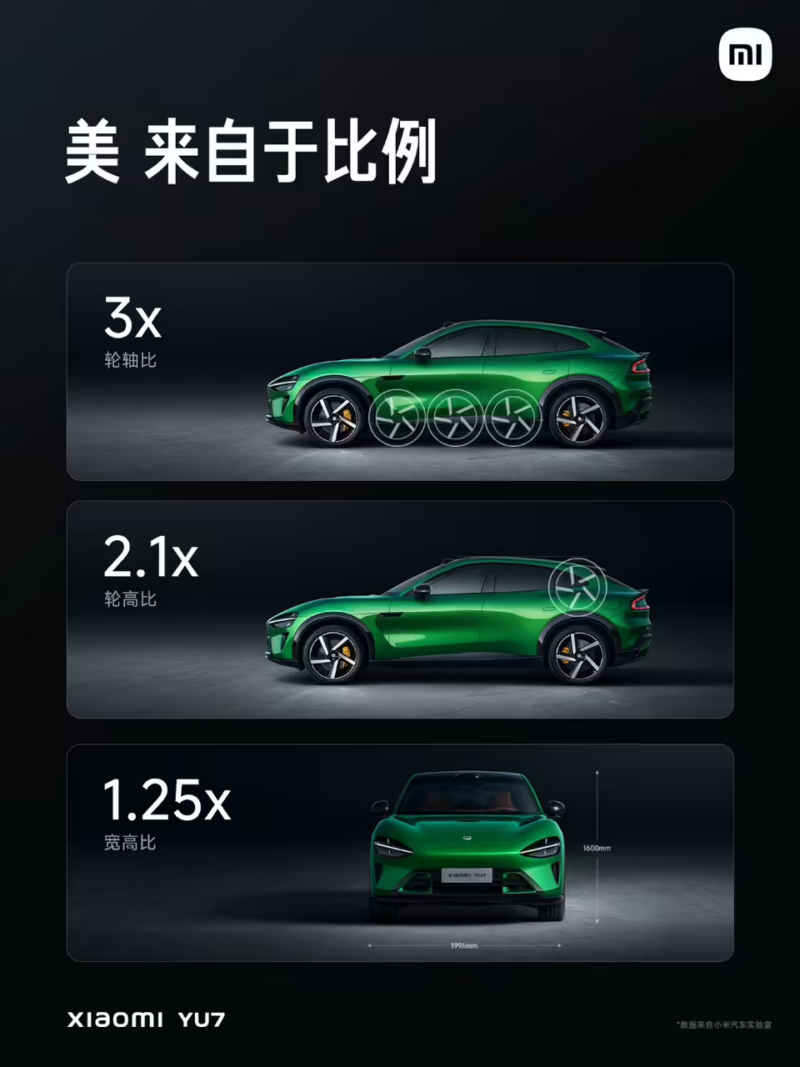
Side profile development
The YU7’s side profile incorporates sculptural elements, consistent with the SU7. The roof features a fastback-like silhouette, with the front higher than the rear. The lower character line exhibits an upward trend from front to back. The upper body transitions smoothly, with the rear C-pillar connecting to the rising rear shoulder line, contributing to the visual volume and dynamism of the rear.
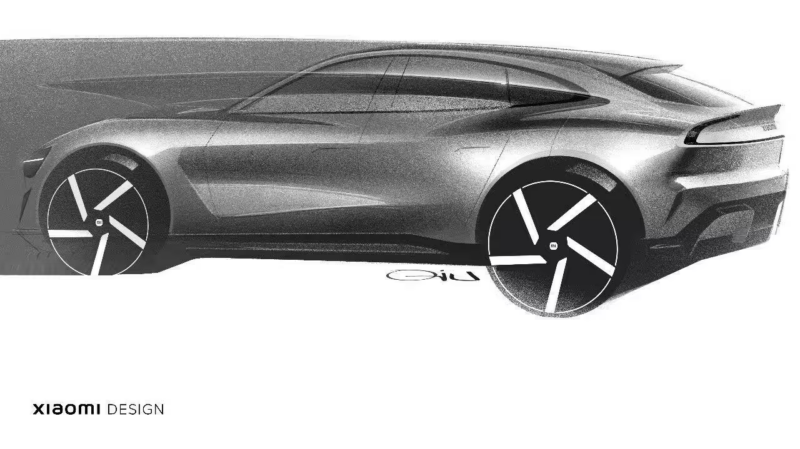
The side design also includes frameless doors and flush door handles, intended to reduce protrusions and create a cleaner line. A specific design challenge involved maintaining the visual continuity between the three-dimensional headlights and the side lines, particularly concerning the stamping depth for the A-pillar and hood. The team conducted multiple design iterations and collaborated with engineers to balance aesthetic requirements with structural integrity and safety.
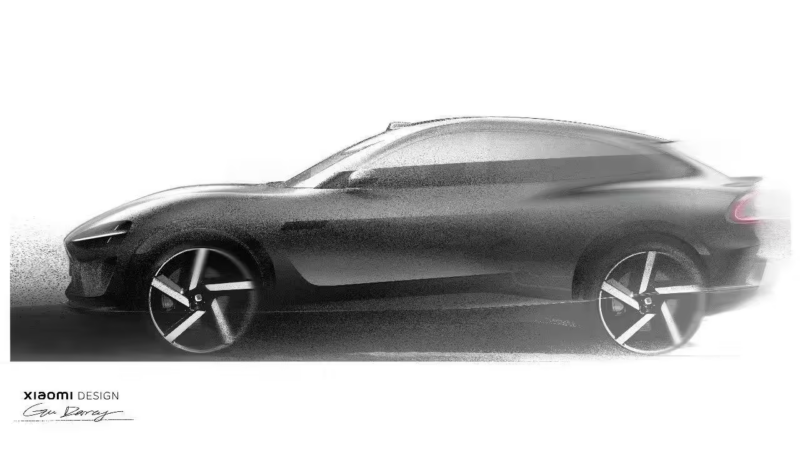
Wheel arch design and driver experience
The design of the “wheel arches” was an early consideration, with the aim of creating a full and sporty visual effect. The interaction between the front hood and the wheel arches was intended to form a cohesive, sports car-like visual unit.
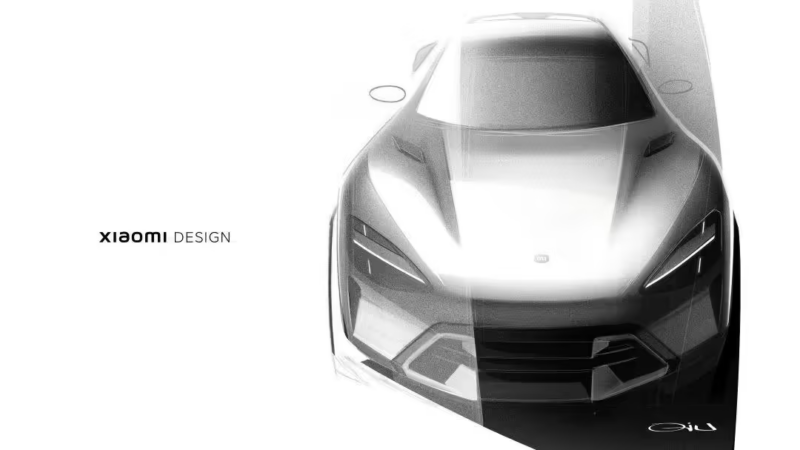
A design issue arose regarding passenger sightlines and driver visibility due to the widened and raised wheel arches. The team addressed this by lowering the central area of the hood, creating a curved surface that is lower in the middle and higher at the sides. This design choice was implemented to maintain forward visibility for the driver.
Lighting system design
The YU7’s “hollow waterdrop headlights” are described as a key exterior design feature that presented technical challenges. The design process involved evolving the brand’s waterdrop element into a three-dimensional form. This included integrating airflow structures into the lamp cavity.
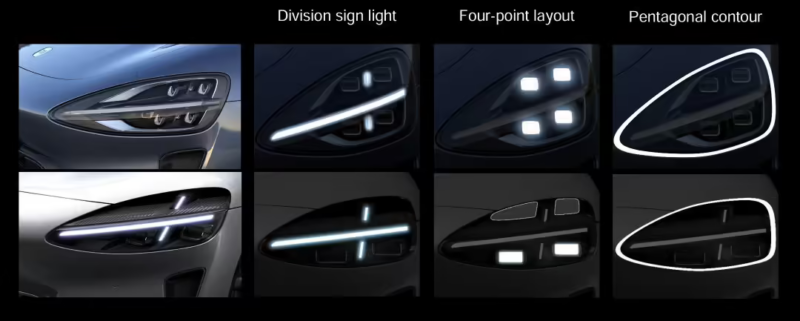
The “halo taillight” design also underwent internal discussion. While the SU7’s layered “star-ring” taillights are a brand identifier, the team considered them less suitable for an SUV. An initial proposal to simplify the internal three star-rings led to internal debate. The team ultimately opted for a design that emphasized “horizontal tension” and a more robust appearance for the SUV, utilizing a “angled” structure to enhance the taillight’s three-dimensional quality.
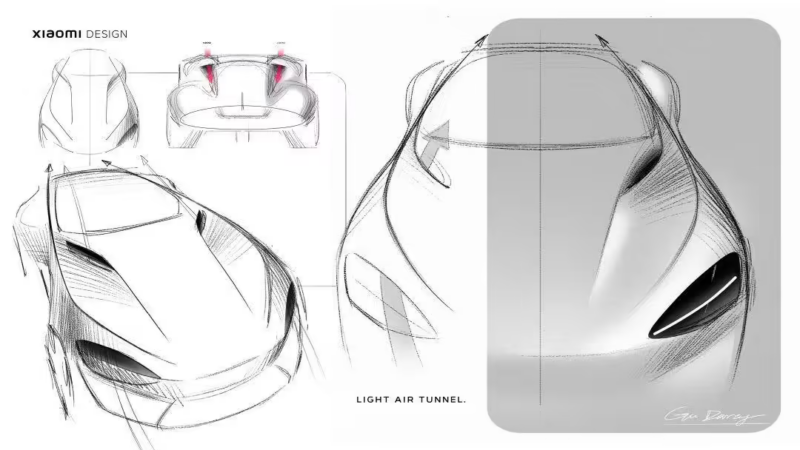
The new taillight design is intended to visually emphasise the rear’s stability and strength, complementing the vehicle’s overall stance. Compared to the SU7’s taillights, the YU7’s design is described as thicker, aligning with an SUV’s style and contributing to a distinct and layered rear profile. This design is presented as an evolution that complements the front lighting.
